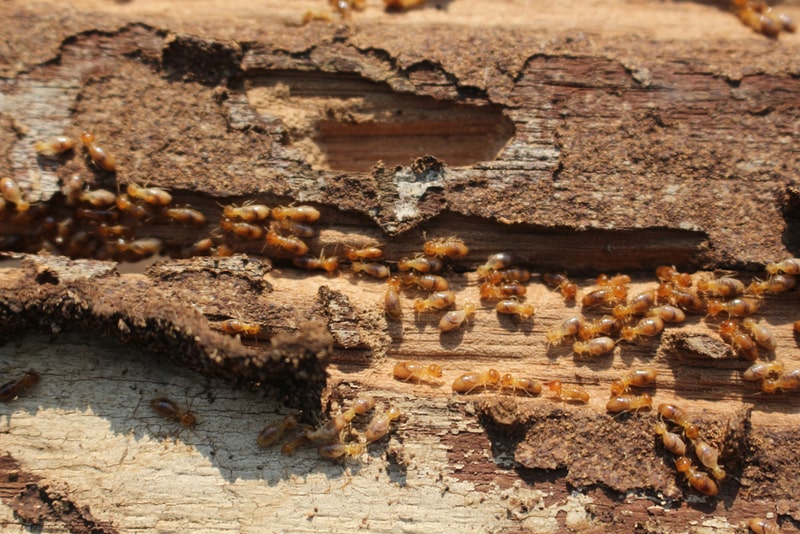
An in-depth look at the termite life cycle
How long do termites live? That’s not simple to answer.
A termite’s life span depends on its place in the social order of the colony. Termite life cycles vary widely from species to species, from two years to 50. Learn more about the termite life cycle and what you need to do to keep them at bay.
TERMITE LIFE CYCLE
It all begins for a termite when the queen lays the egg. She lays many eggs every day – queen termites of some termite species may produce 20,000 to 30,000 eggs per day.
The termite life span begins when it hatches as a nymph, or immature termite. Termites then grow and eventually fall somewhere in the termite social structure.
These social classes include workers, soldiers and reproductives all the way up to the termite colony’s queen.
The queen controls and can suppress the development of other queens in the colony with pheromones that she maintains within the colony at all times.
The growth of the colony can outpace the queen termite’s capacity as an egg-layer. At this point, she might allow a tiny number of nymphs to develop into secondary or supplemental queens. This allows the colony to continue to grow and thrive.
If the queen dies or part of the nest is separated from her, new queens will develop when the pheromone that she maintained is no longer present. This ensures that the colony will survive long after the queen dies.
LONG LIVE THE QUEEN
Queens of eastern subterranean termites, the most common species of termites found in the United States, can live up to a staggering 30 years, but a 15- to 17-year life span is more common.
For some African species of termites, a queen’s life span may be up to 50 years, while in other species, such as drywood termites, the queens live only 10 to 12 years. In general, worker termites live about two years.
No matter what type they are or what point in the termite life cycle, termites are trouble. If you think you may have spotted a termite or termite damage, make sure to call a professional immediately.


